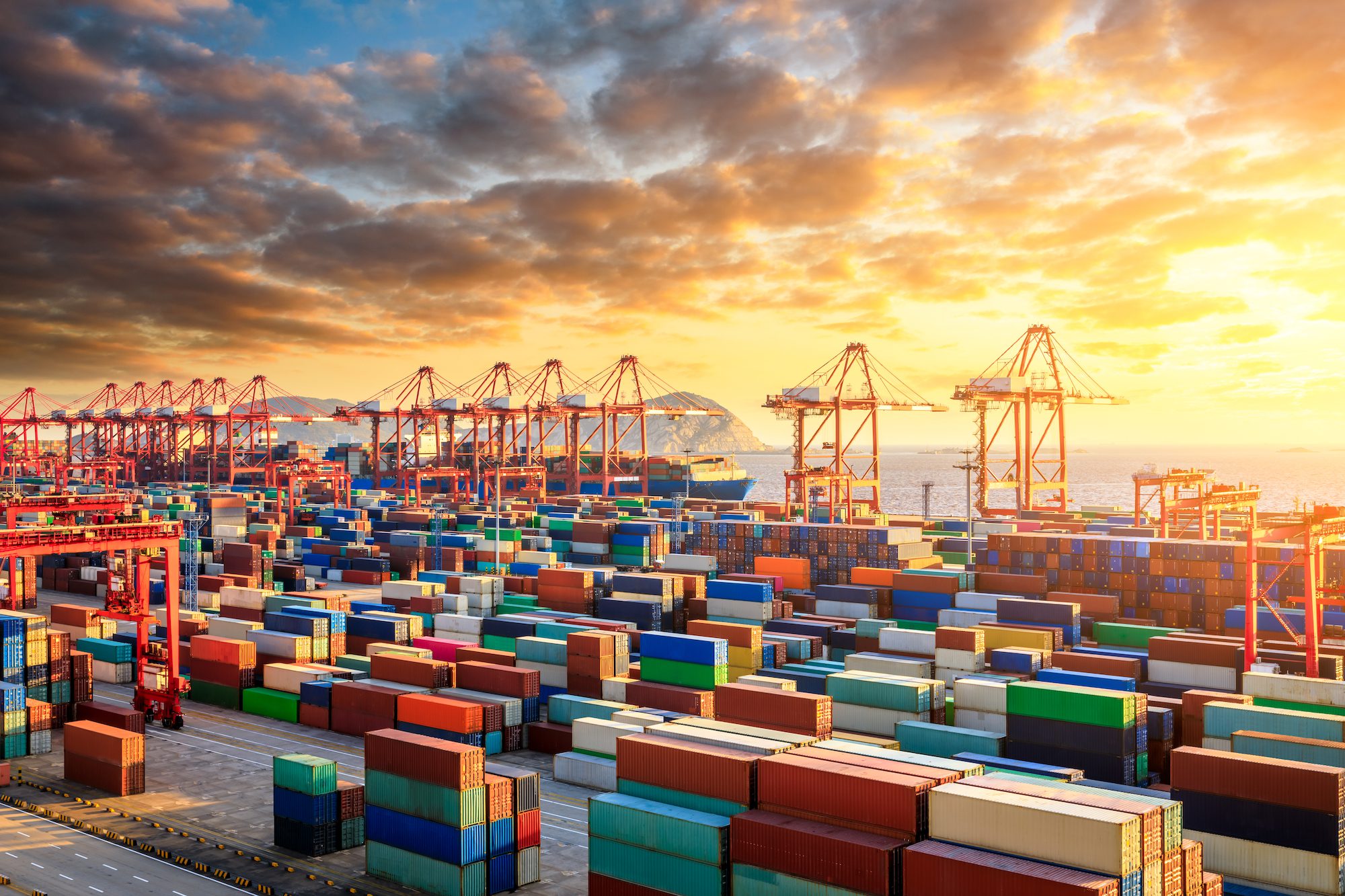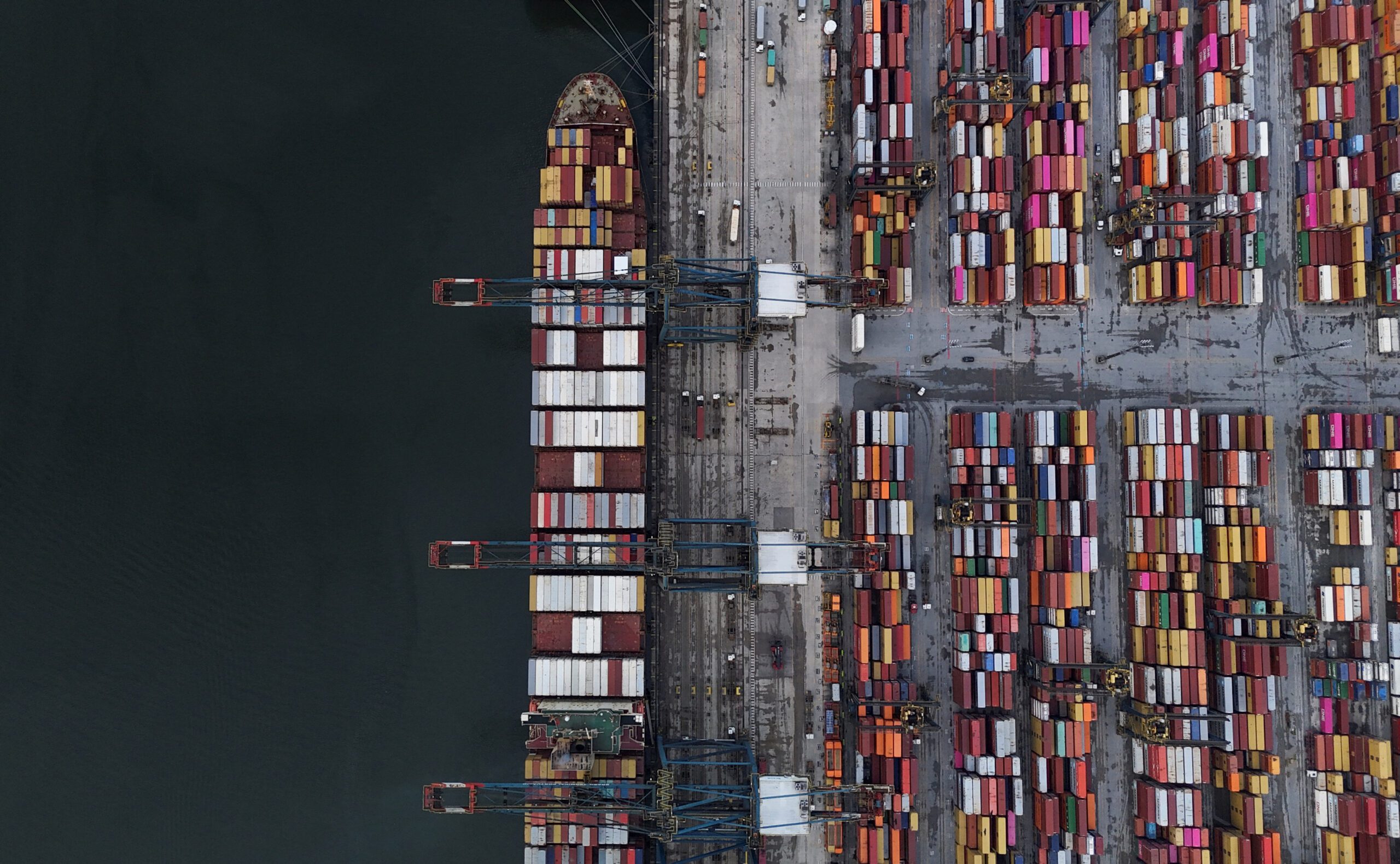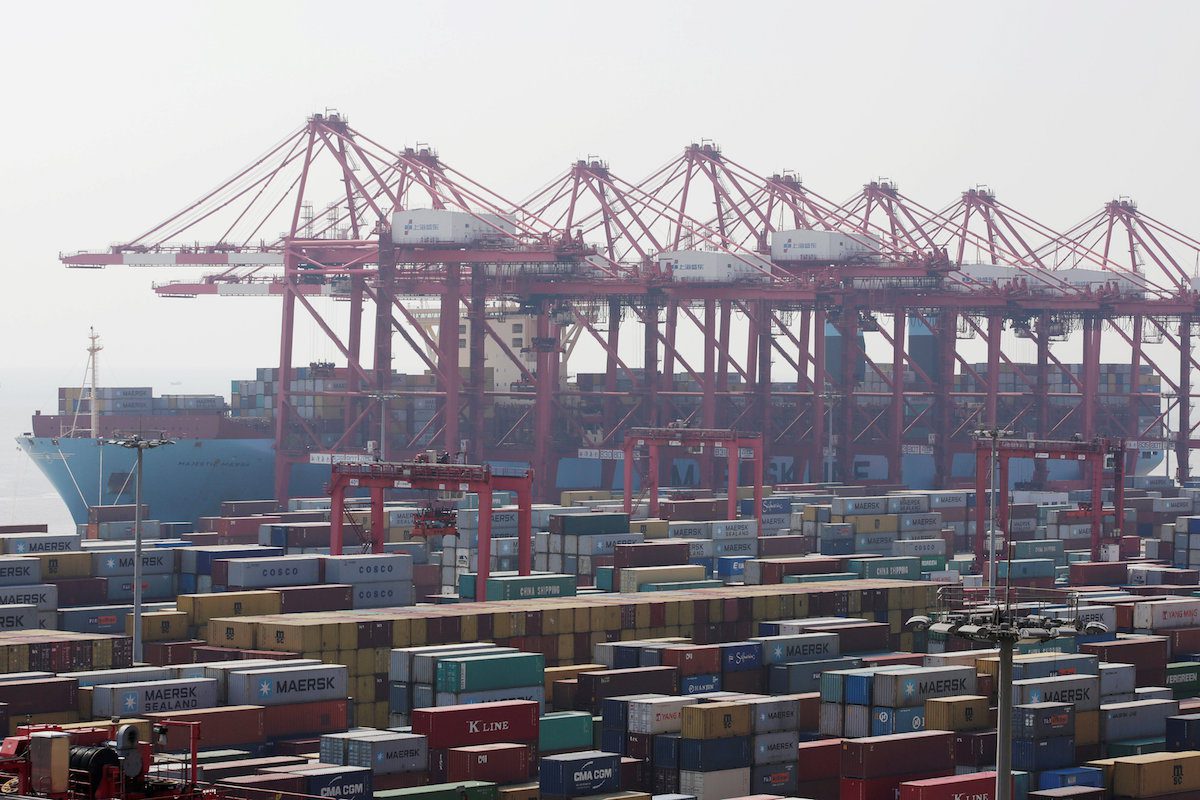European shipowners are welcoming this week’s provisional agreement to include maritime shipping in the EU carbon market, which will force vessels to pay for their share of global warming emissions.
The deal, agreed to on Tuesday, would add to the EU Emissions Trading System (ETS) all carbon dioxide, methane and nitrogen dioxide emissions from maritime voyages within the EU.
Set up in 2005, the EU ETS is the world’s first international emissions trading system, requiring industrial emitters to buy permits for their emit carbon dioxide, thereby incentivising them to pollute less. Shipping has avoided being included in the market, but that is now set to change from 2024 when shipping companies will have to buy EU carbon permits to cover 40% of their emissions, rising to 70% in 2025 and 100% in 2026. It would also include 50% of emissions from international voyages starting and ending in the EU.
The European Community Shipowners’ Association said the deal can mark a turning point for European shipping’s decarbonization, and praised legislators for embracing calls of the industry stakeholders to earmark EU ETS revenues back to the maritime sector to support its energy transition.
According to the ECSA, at least 20 million ETS allowances, which correspond to 1.5 billion Euro under the current ETS carbon price, will be allocated to maritime projects under the Innovation Fund.
“European shipowners welcome the increased climate ambition of the ‘Fit for 55’ package, recognising that the climate crisis is one of the greatest economic and environmental challenges faced by our society. Decarbonising shipping is not a question of ‘if’ but a question of ‘how’,” said Sotiris Raptis, ECSA’s Secretary General.
Fit for 55 refers to the EU’s target of reducing net greenhouse gas emissions by at least 55% by 2030?.
“Setting aside part of the ETS revenues for maritime is a victory for the decarbonisation of the sector. Dedicated support through the Innovation Fund is key to bridging the price gap with clean fuels, improving the energy efficiency of ships, fostering innovation and building the infrastructure in ports. We look forward to working with the Commission and the stakeholders to develop effective tools for the industry’s transition”, Secretary General Raptis added.
ECSA also welcomed the upholding of the “polluter-pays principle” through mandatory requirements for the pass-through of the EU ETS costs to the commercial operators of the vessels.
The ECSA said the phase-in period and gradual inclusion of emissions from shipping over a three-year period is also “crucial” to ensure a smooth transition for the sector. The legislators also agreed on special provisions for ice-class vessels, small islands and outermost regions.
The provisional agreement on shipping is subject to an overall agreement on the ETS revision in late December.

 Join The Club
Join The Club










